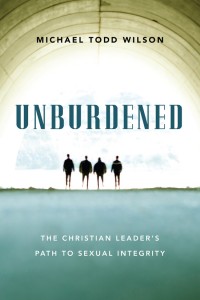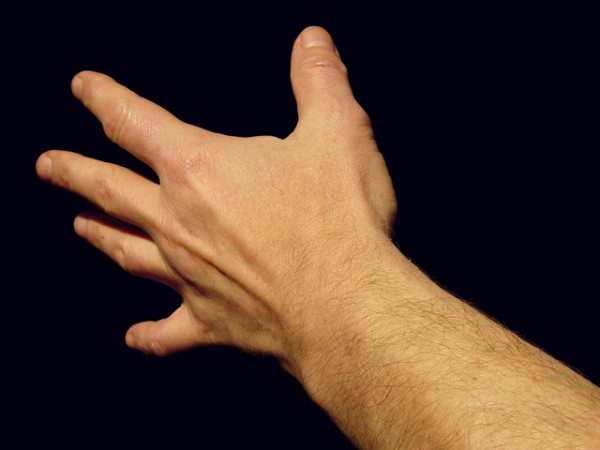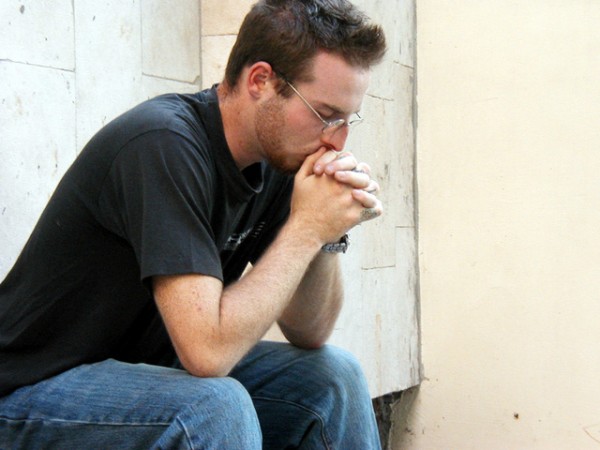
“God, grant me the serenity to accept the things I cannot change, the courage to change the things I can, and the wisdom to know the difference.” – Serenity Prayer
There are quite a few folks who’ve started reading my blogs over the past year. So periodically, I’m going to reach back into some of my older posts and highlight a few posts I’ve received feedback as being among the most helpful.
Here’s the oldest one…
Folks just getting started in recovery often get it backwards. They mistakenly think that their task is to get their spouse to trust them. Nothing could be further from the truth.
For the person in recovery, our primary responsibility is to become a person who is trustworthy. The problem all along is that we have not been trustworthy. The many choices we’ve made that have harmed our spouse: the lies, the double life, the things given freely to others that have often been intentionally withheld from our spouse.
In recovery, these are the things we learn to do differently. We not only need to actually do things differently, we must do all we can to demonstrate to our spouse that we are doing things differently.
But this is where our task stops. We cannot force our spouse to perceive how we are doing life differently, nor can we force their hand to take the ultimate step: choosing to trust us once again. Perceiving and choosing to trust again are tasks on the spouse’s recovery journey, not ours.
Depending on where the spouse is in their own recovery, choosing to trust us may be slow in coming. In some cases, it may never happen. At best, there is a time delay between our becoming more trustworthy and their choosing to trust. We need to be careful never use that delay, no matter how long in coming, as an excuse for failing to continue improving our own trustworthiness.
That is addict thinking. It doesn’t benefit us to manipulate our spouse to trust us. It won’t work anyway. In fact, it may backfire… leading our spouse to perceive us as less trustworthy than before.
Instead, we can surrender our spouse (and their recovery journey) to God and refocus on becoming more trustworthy ourselves.
What one change might we make in recovery today that would allow us to take greater responsibility in actually becoming more trustworthy?



